Questions Make Us Nervous
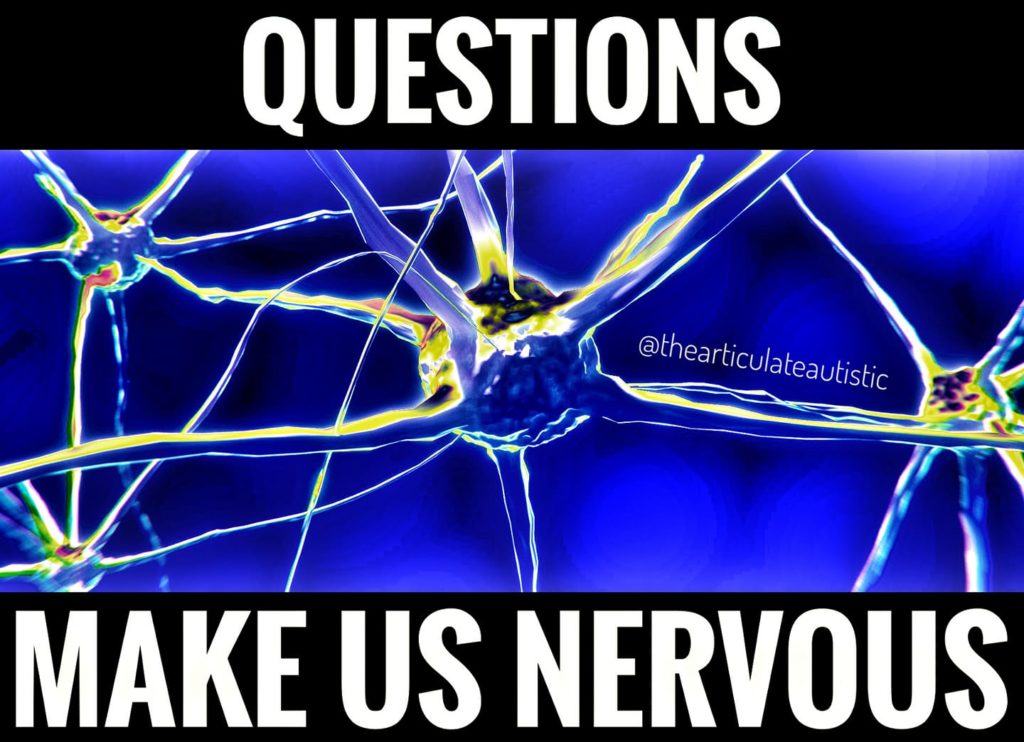
For many autistic people, being asked a question can trigger anxiety. Even if it’s a common and benign question like “What did you do this weekend” or “What did you have for breakfast”?
Case in point, when I was a kid, and my dad would pick me up on weekends, he would ask me what I had for breakfast.
I. Would. Panic.
Why? I couldn’t REMEMBER! I could have just eaten breakfast 10 minutes before his truck pulled up, and, as soon as he asked the question, my mind would go blank.
I think this happened because he probably once asked me casually, and I replied with “I don’t remember” with no hesitation or fear, and he got angry because he might have thought I was messing with him.
Eventually, I just learned to make something up because it was better than hearing how “no child has that bad of a memory”.
Was it his fault he didn’t understand? No, and I don’t blame him for it, but it still shaped who I am as a person, nonetheless.
So, here is why I think questions (especially open-ended questions) can make an autistic person very nervous:
1) A question is an interruption.
For autistic people, getting off of one train of thought to another takes enormous effort, and, while we are switching gears, we may freeze, stammer, stutter, or just not answer fast enough, triggering suspicion and frustration in the person talking to us.
2) We startle easily.
If we were not expecting you to speak or didn’t know you were in the room, our nervous systems need to recover from the shock first before we can answer you. (Click here to read more about the autistic startle response and how that might make us look “guilty” of something.)
3) Questions make us the focus of attention.
Suddenly, all eyes are on us waiting for a response, and we may clam up or panic because we don’t like the feeling of being put on the spot.
(Article continues below.)
The best way to improve communication with your autistic loved one is to understand how your autistic loved one’s mind works! Intentions, motivations, and personal expressions (facial expressions or lack thereof, body language, etc.), are often quite different in autistic people than they are in neurotypical people.
Experience a better understanding of your autistic loved one by reading books about life from an autistic perspective as well as stories that feature autistic characters. You’ll have so many “Ah ha!” moments and start seeing your autistic loved one in a different light (and you’ll have a better understanding of their behaviors, which you may have been misinterpreting up until now).
Books I recommend for a better understanding of your autistic loved one:
4) Questions can be triggers for us.
Autistic people process information in a different way than neurotypical people, and this can cause us to take much longer to respond. In the past (or yesterday), people might have become angry, impatient, or even abusive due to our lack of a quick and coherent response. That can make ANY question an instant trigger.
5) Some of us have terrible short-term memories.
Some of us genuinely cannot remember what we did an hour ago, and we don’t want to lie. (Although some of us will learn to do so to survive the ordeal of small talk…yes, I said “ordeal”.)
6) Accuracy is extremely important to us.
When you ask a question, we want to make sure we are answering with all of the correct information and details.
7) We have to manually do what neurotypical brains do automatically.
We have to manually modify our speech patterns, facial expressions, and tone of voice so as not to come across as rude or defensive while also coming up with a correct and socially acceptable answer in the seconds of time given to us, and it’s an exhausting balancing act.
So, as you can see, for many people on the spectrum, answering questions you may believe are simple and straightforward can be a very complex and sometimes triggering process for us.
Need to ask your autistic loved one an important question? Click on the photo below to learn how to ask an autistic person a question without scaring us.
Follow me on Instagram.
Want downloadable, PDF-format copies of these blog posts to print and use with your loved ones or small class? Click here to become a Patreon supporter!


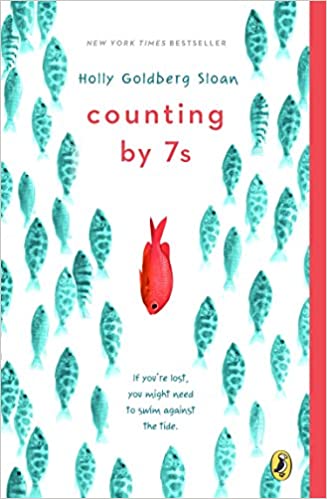

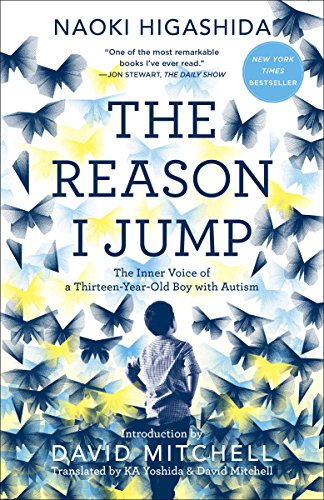
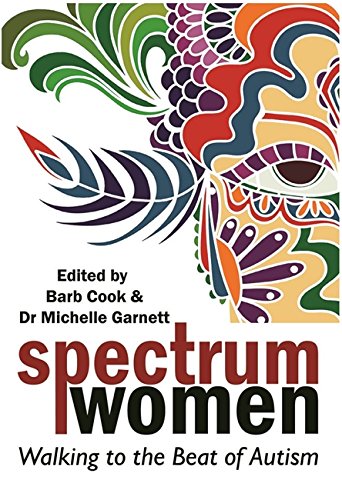
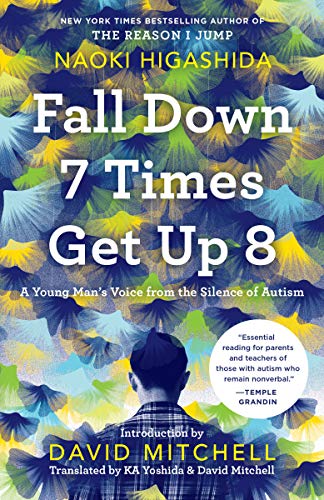
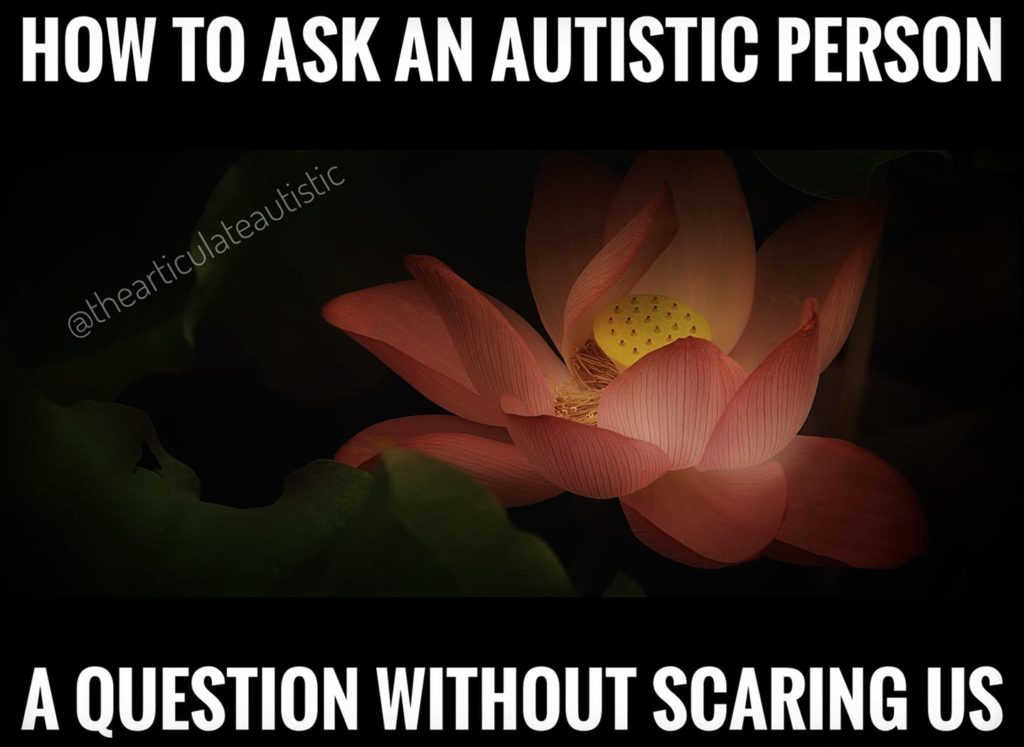



1 Response
[…] I wrote about how questions make autistic people nervous. Today, I’d like to offer some tips on how to ask an autistic person without eliciting our […]